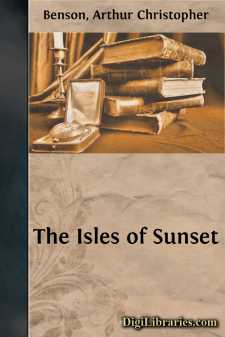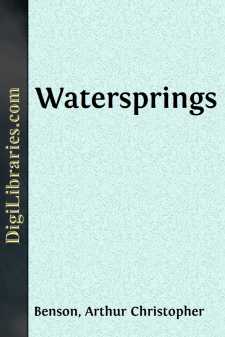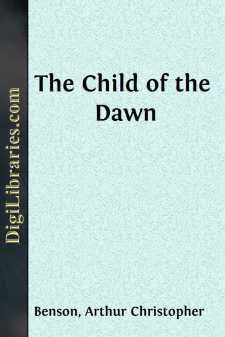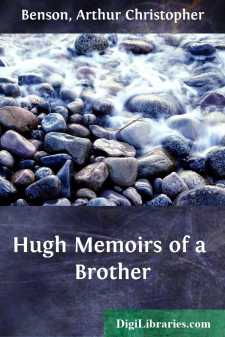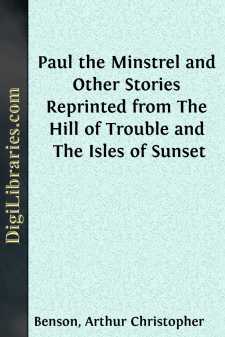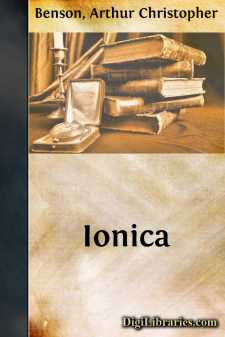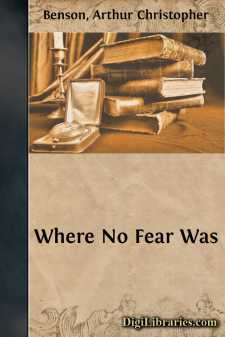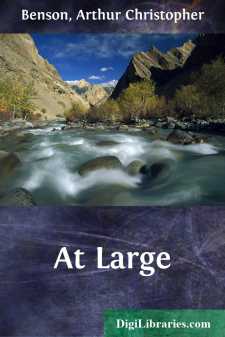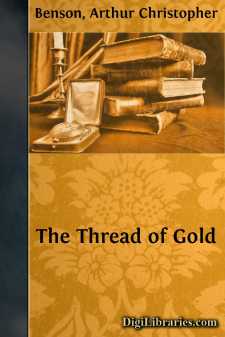Categories
- Antiques & Collectibles 13
- Architecture 36
- Art 48
- Bibles 22
- Biography & Autobiography 813
- Body, Mind & Spirit 142
- Business & Economics 28
- Children's Books 17
- Children's Fiction 14
- Computers 4
- Cooking 94
- Crafts & Hobbies 4
- Drama 346
- Education 46
- Family & Relationships 57
- Fiction 11829
- Games 19
- Gardening 17
- Health & Fitness 34
- History 1377
- House & Home 1
- Humor 147
- Juvenile Fiction 1873
- Juvenile Nonfiction 202
- Language Arts & Disciplines 88
- Law 16
- Literary Collections 686
- Literary Criticism 179
- Mathematics 13
- Medical 41
- Music 40
- Nature 179
- Non-Classifiable 1768
- Performing Arts 7
- Periodicals 1453
- Philosophy 64
- Photography 2
- Poetry 896
- Political Science 203
- Psychology 42
- Reference 154
- Religion 513
- Science 126
- Self-Help 84
- Social Science 81
- Sports & Recreation 34
- Study Aids 3
- Technology & Engineering 59
- Transportation 23
- Travel 463
- True Crime 29
Beside Still Waters
Categories:
Description:
Excerpt
BESIDE STILL WATERS
I
The Family—The Scene—The Church—Childhood—Books
Hugh Neville was fond of tender and minute retrospect, and often indulged himself, in lonely hours, with the meditative pleasures of memory. To look back into the old years was to him like gazing into a misty place, with sudden and bright glimpses, and then the cloud closed in again; but it was not only with his own life that he concerned himself; he liked to trace in fancy his father's eager boyhood, brought up as he had been in a great manufacturing town, by a mother of straitened means, who yet maintained, among all her restrictions, a careful tradition of gentle blood and honourable descent. The children of that household had been nurtured with no luxuries and few enjoyments. Every pound of the small income had had its appointed use; but being, as they were, ardent, emotional natures, they had contrived to extract the best kind of pleasure out of books, art, and music; and the only trace that survived in Hugh's father of the old narrow days, was a deep-seated hatred of wastefulness and luxury, which, in a man of generous nature, produced certain anomalies, hard for his children, living in comparative wealth and ease, to interpret. His father, the boy observed, was liberal to a fault in large matters, but scrupulously and needlessly particular about small expenses. He would take the children on a foreign tour, and then practise an elaborate species of discomfort, in an earnest endeavour to save some minute disbursements. He would give his son a magnificent book, and chide him because he cut instead of untying the string of the parcel. Long after, the boy, disentangling his father's early life in diaries and letters, would wish, with a wistful regret, that he had only had the clue to this earlier; he would have sympathised, he thought, with the idea that lay beneath the little economies, instead of fretting over them, and discussing them rebelliously with his sisters. His father was a man of almost passionate affections; there was nothing in the world that he more desired than the company and the sympathy of his children; but he had, besides this, an intense and tremulous sense of responsibility towards them. He attached an undue importance to small indications of character; and thus the children were seldom at ease with their father, because he rebuked them constantly, and found frequent fault, doing almost violence to his tenderness, not from any pleasure in censoriousness, but from a terror, that was almost morbid, of the consequences of the unchecked development of minute tendencies.
Hugh's mother was of a very different disposition; she was fully as affectionate as his father, but of a brighter, livelier, more facile nature; she came of a wealthy family, and had never known the hard discipline from which his father had suffered. She was a good many years younger than her husband; they were united by the intensest affection; but while she devoted herself to him with a perfect understanding of, and sympathy with, his somewhat jealous and puritanical nature, she did not escape the severity of his sense of responsibility, and his natural instinct for attempting to draw those nearest to him into the circle of his high, if rigid, standards....



